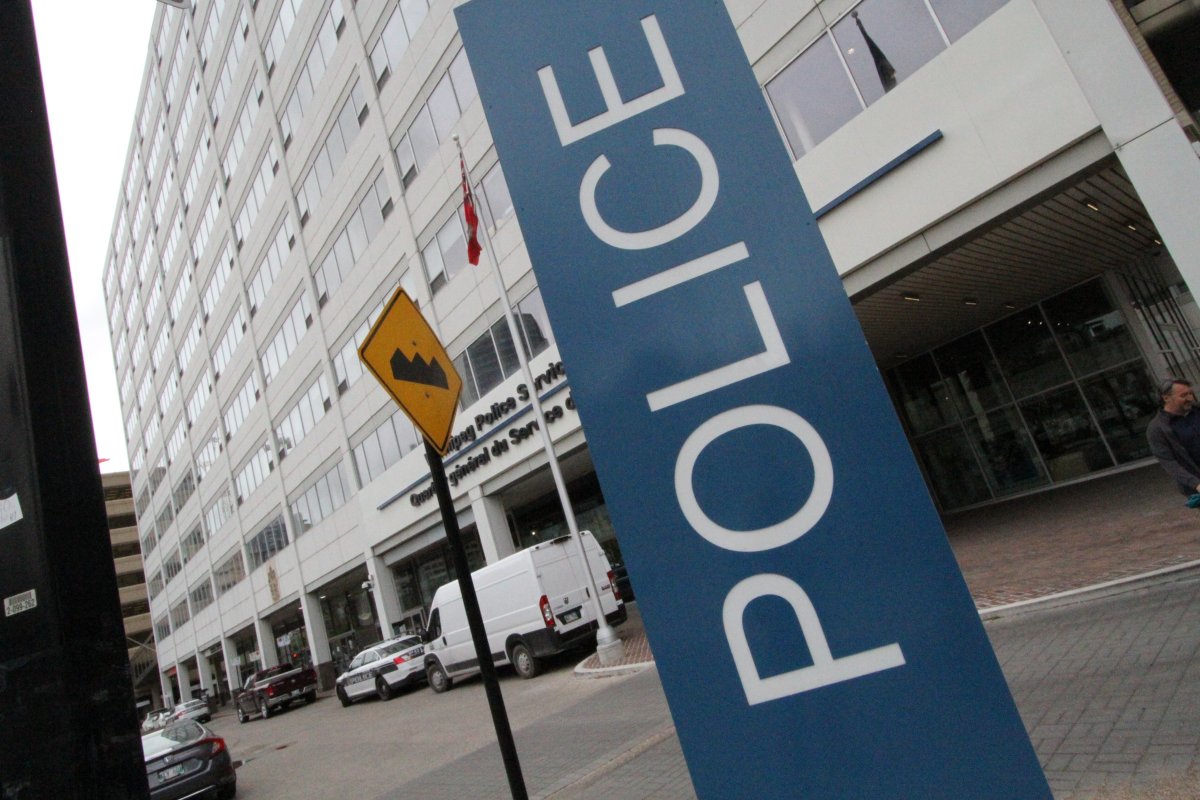Winnipeg police are changing some of their crime-reporting processes during the novel coronavirus outbreak.

The force announced Wednesday that it’s upping the accepted value of all online reporting categories from $5,000 to $25,000 during the pandemic.
That means that anyone reporting non-domestic theft, mischief or damage under $25,000 — as long as the crimes are not in progress — should do so by phone at 204-986-8666.
Phone reports can be made Monday to Friday from 8 a.m. to 4 p.m., excluding holidays.
Police are also encouraging Winnipeggers to use their online reporting tool.
Online reporting categories include thefts, damages, frauds, hit-and-runs and retail thefts.
Police say their Virtual Police Response (VPR) system will now also accept reports of non-domestic assault and robberies that are not in progress where the suspect is unknown.

Get daily National news
The VPR system was started as a pilot in the summer and was originally set up to allow Winnipeggers to report break-and-enters through a video chat system with a police officer.
The pilot was extended in the fall after police reported a reduction in wait times.
In a release on Wednesday, police said Winnipeggers reporting a non-domestic assault or robbery that is not in progress should still call their non-emergency line at 204-986-6222.
If the report is suitable for VPR, an officer will then be in contact through the system, police say.

Questions about COVID-19? Here are some things you need to know:
Health officials caution against all international travel. Returning travellers are legally obligated to self-isolate for 14 days, beginning March 26, in case they develop symptoms and to prevent spreading the virus to others. Some provinces and territories have also implemented additional recommendations or enforcement measures to ensure those returning to the area self-isolate.
Symptoms can include fever, cough and difficulty breathing — very similar to a cold or flu. Some people can develop a more severe illness. People most at risk of this include older adults and people with severe chronic medical conditions like heart, lung or kidney disease. If you develop symptoms, contact public health authorities.
To prevent the virus from spreading, experts recommend frequent handwashing and coughing into your sleeve. They also recommend minimizing contact with others, staying home as much as possible and maintaining a distance of two metres from other people if you go out.
For full COVID-19 coverage from Global News, click here.
- 4 dead, 17 wounded after shooting in entertainment district in Birmingham, Alabama
- PGA goods worth $25K allegedly stolen from hotel ahead of Presidents Cup
- Kenneth Law responsible for ‘luring’ Ontario teen into suicide death, parents allege
- Officials offer US$100K for info on Alabama shooting that killed 4









Comments